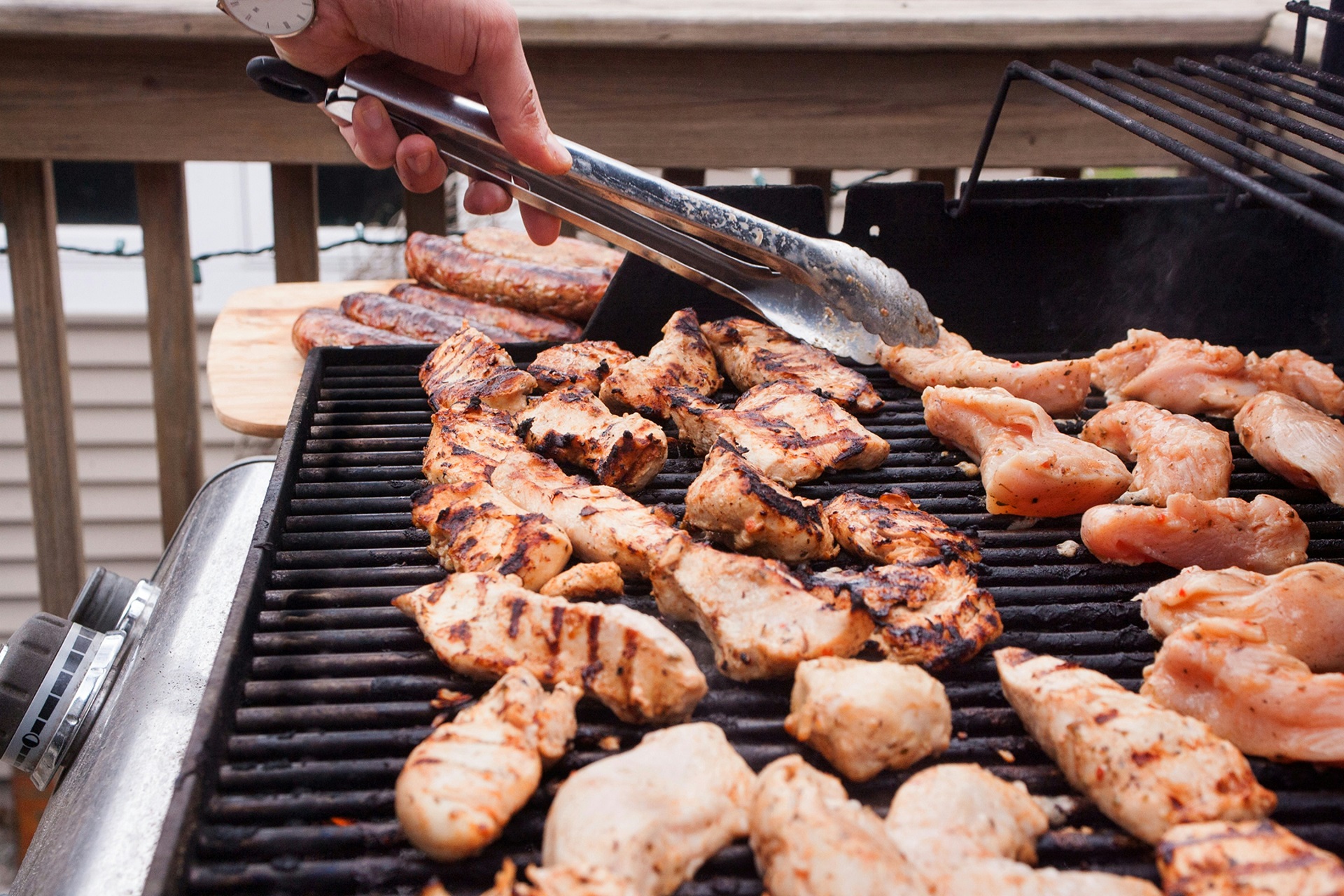
Grilling is an art, but behind the smoky aromas and sizzling sounds, there’s a fascinating science that makes your food taste incredible. Achieving the perfect char isn’t just about firing up the grill—it’s about understanding the chemical reactions that give grilled food its irresistible flavor and texture. Whether you're cooking up juicy steaks, succulent chicken, or perfectly charred vegetables, mastering the science of grilling will take your skills to the next level.
One of the most important processes behind a great char is the Maillard reaction—a chemical reaction between amino acids and reducing sugars that occurs when food is exposed to high heat. This reaction is responsible for the rich, complex flavors and golden-brown crust that make grilled food so delicious.
To get the Maillard reaction working in your favor:
While the Maillard reaction is essential for meat and poultry, caramelization is the key to achieving deep, sweet flavors in vegetables and certain marinades. When natural sugars in foods like bell peppers, onions, and even chicken marinades break down under heat, they develop a golden-brown crust with an irresistible depth of flavor.
To enhance caramelization:
A well-charred meal requires the right heat control. Professional grillers often use two-zone grilling:
For the perfect char:
The type of fuel you use significantly impacts the final flavor and char. Here are your best options:
The line between perfectly charred and burnt is thin. Burnt food results from excessive heat exposure and prolonged cooking times, which can make food bitter and unappetizing.
To prevent burning:
Mastering the science of grilling will elevate your BBQ game, impress your guests, and bring out the best flavors in your food. Whether you're aiming for a delicate caramelized crust or a deep, smoky sear, understanding these techniques will help you grill with confidence.
Craving perfectly grilled chicken without the hassle? Visit La Rosa Chicken & Grill for juicy, flame-kissed chicken with the ideal char, every time!